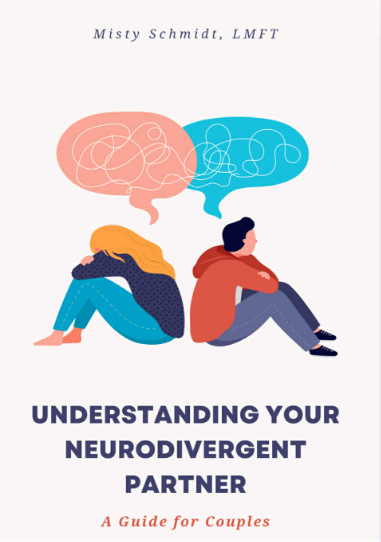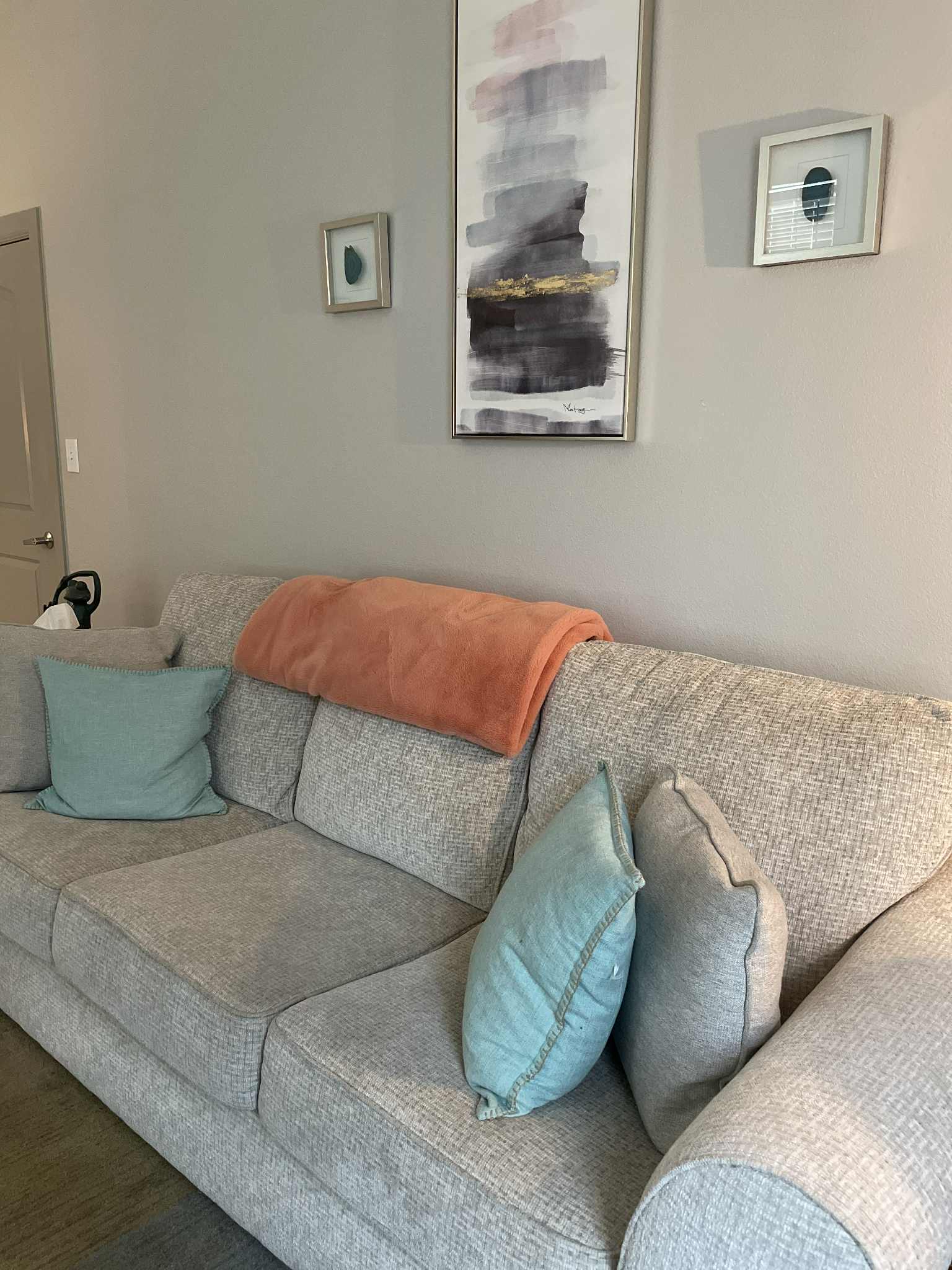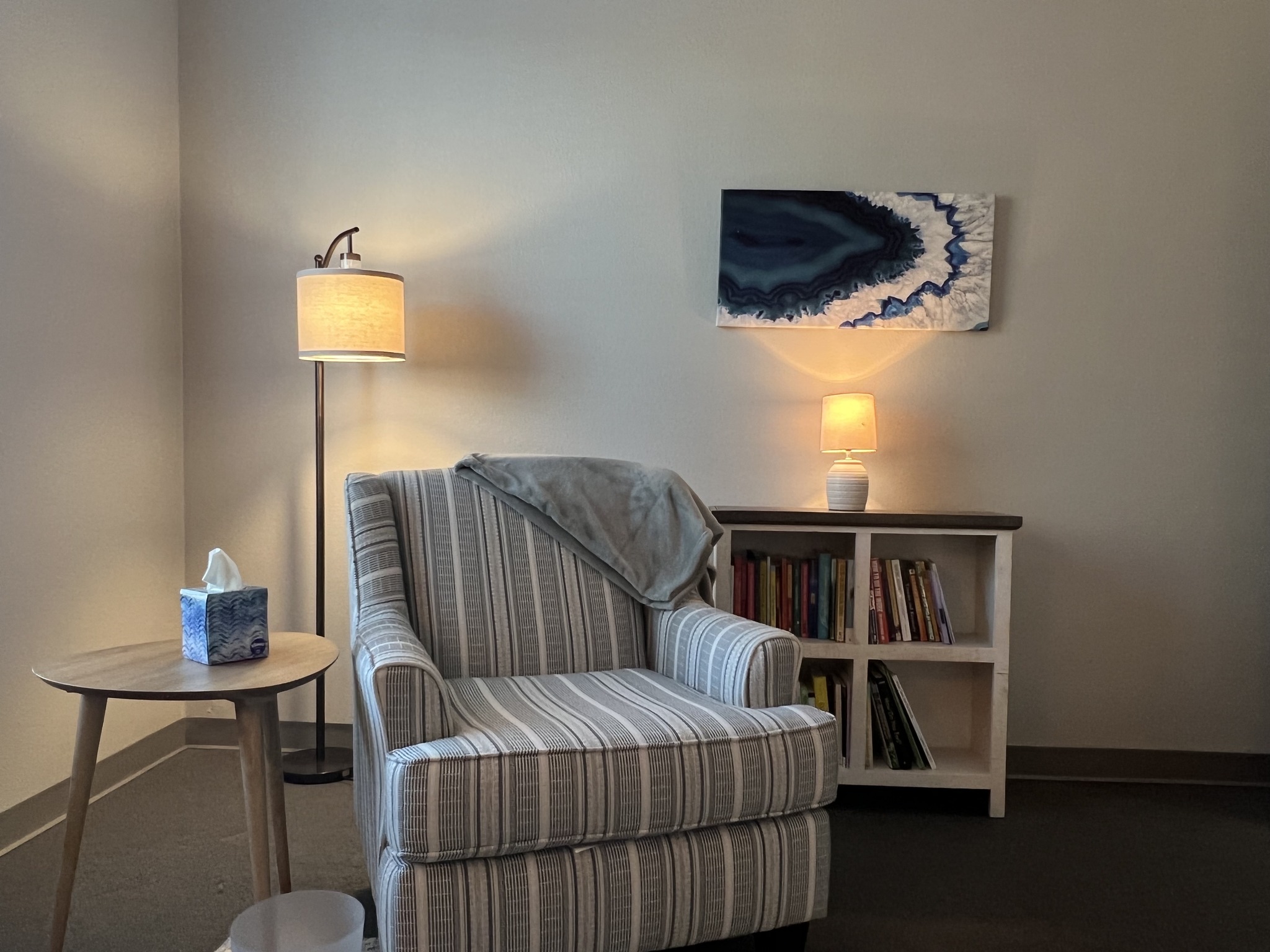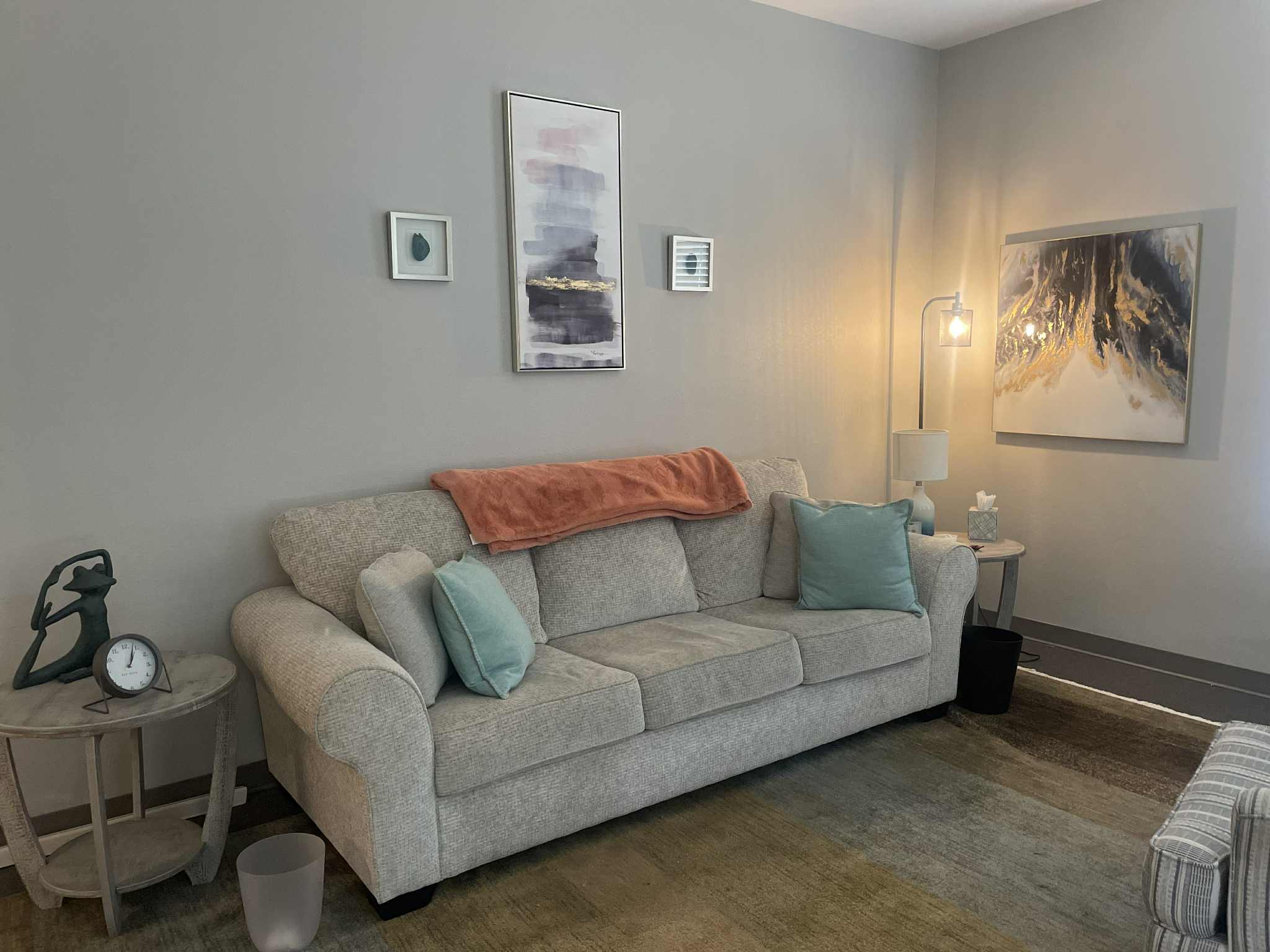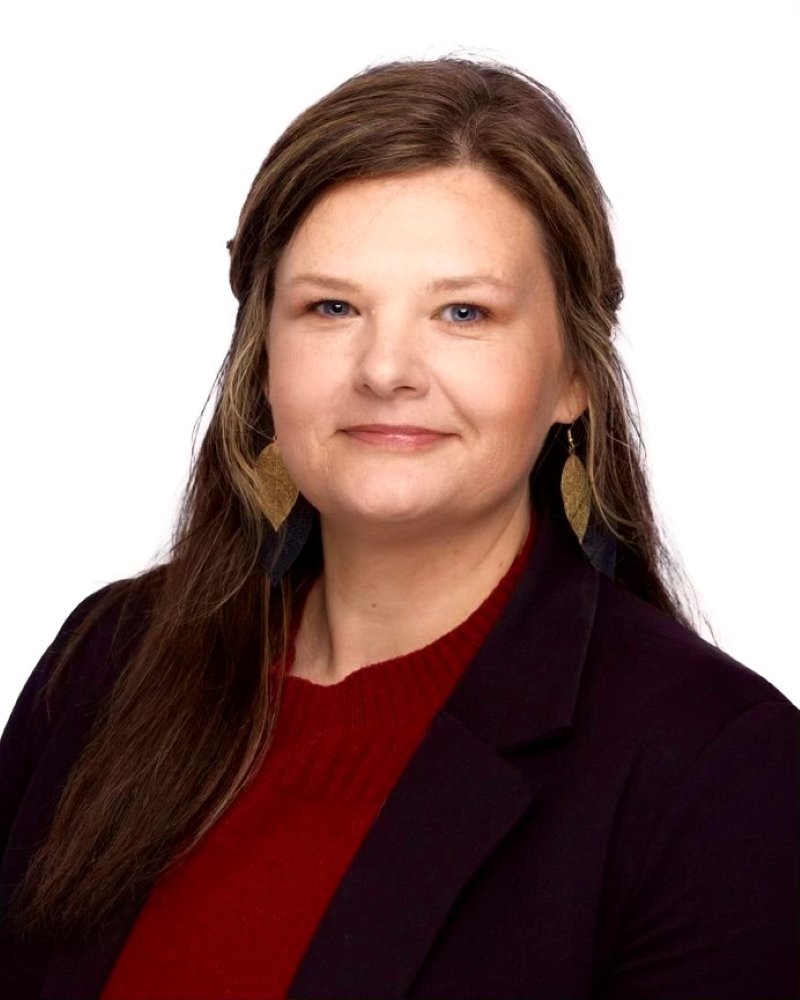

Today we’d like to introduce you to Dr. Misty Schmidt.
Hi Dr. Misty , we’re thrilled to have a chance to learn your story today. So, before we get into specifics, maybe you can briefly walk us through how you got to where you are today?
I spent many years mentoring youth and young adults before I ever became a therapist, and that experience shaped the way I show up in this work. I went on to pursue a Doctorate in Marriage and Family Therapy and eventually founded Schmidt Family Counseling, where I focus on supporting neurodivergent individuals, couples, and families. As both a clinician and a neurodivergent person, I saw early on that traditional models of care weren’t built with us in mind.
That realization pushed me to expand my work beyond the therapy room and into research, supervision, training, and healthcare system development. I began creating resources, mentoring clinicians, and speaking nationally to help shift clinical practice toward neuroaffirming, strengths-based care.
Today, my work bridges private practice, research, and system-level change. My path hasn’t been linear, but it’s always been rooted in the same goal: creating spaces where neurodivergent people and relationships are understood, supported, and taken seriously in both clinical and healthcare settings.
I’m sure it wasn’t obstacle-free, but would you say the journey has been fairly smooth so far?
The road has been meaningful, but it definitely hasn’t been smooth. One of the biggest challenges has been working within systems that weren’t built with neurodivergent people in mind, whether that’s in mental health, education, training programs, or healthcare. I often had to advocate for myself and my clients in environments that didn’t yet have the language, flexibility, or understanding to support neurodivergent needs.
Starting a private practice while navigating graduate school, family life, research, and leadership roles also came with its own pressures. There were times I had to create opportunities that didn’t exist yet—whether that meant building internship pathways, developing new frameworks, or training clinicians who had never been exposed to neuroaffirming approaches.
But those struggles shaped my work. They pushed me to think systemically, build community, and create resources that make the journey easier for the people coming after me. I don’t see the challenges as roadblocks—they’ve been the blueprint for the work I do today.
Alright, so let’s switch gears a bit and talk business. What should we know?
My private practice, Schmidt Family Counseling, is rooted in neuroaffirming, relationship-centered care. I specialize in working with neurodivergent individuals, couples, and families—especially those who haven’t felt fully seen or supported in traditional therapy spaces. Many of my clients are autistic, ADHD, AuDHD, or part of mixed neurotype partnerships, and they come to me because they’re looking for someone who understands their experiences without pathologizing them.
What sets my work apart is the combination of clinical expertise, lived experience, and systems-level perspective. I don’t force clients into neurotypical models of communication or healing—instead, I adapt therapy to their natural ways of processing, connecting, and expressing themselves. I’m known for helping couples build shared language, navigate sensory and communication differences, and create real relational safety.
Beyond therapy, I also train clinicians, supervise developing therapists, and create resources that support families, providers, and organizations in becoming more inclusive. I’m proud that my brand reflects authenticity, evidence-based practice, and humanity. Whether someone is seeking therapy, consultation, training, or resources, I want them to know they’re entering a space that respects neurodiversity, honors their lived reality, and centers connection over conformity.
Before we let you go, we’ve got to ask if you have any advice for those who are just starting out?
One of the biggest pieces of advice I’d offer is this: don’t wait for permission to do the work you feel called to do. So much of my path required creating what I couldn’t find—whether that was a certain kind of therapy space, research focus, supervision style, or way of practicing. If I had waited for a clear roadmap or someone else’s approval, I wouldn’t be where I am. DO IT SCARED!
I also wish I had known earlier that you don’t have to fit into systems to change them. It’s okay to lead differently, think differently, or build at your own pace. The strengths that make you different are usually the same things that make you effective.
And finally, don’t do it alone. Community, mentorship, and collaboration make the work sustainable. Find people who value what you’re building, even if it doesn’t look “standard.” It’s much easier to create something meaningful when you’re not spending your energy trying to justify why it matters.
Pricing:
- $150/session for individuals
- $200/session for couples/families
Contact Info:
- Website: https://schmidtfamilycounseling.com
- Instagram: https://instagram.com/schmidtfamilycounseling
- Facebook: https://www.facebook.com/SchmidtFamilyCounseling/
- LinkedIn: https://www.linkedin.com/in/mrsschmidt/
- Workbooks: https://payhip.com/b/1V3HO
- Other: https://www.tiktok.com/@mentalhealthmama
